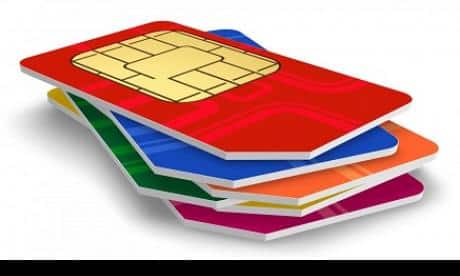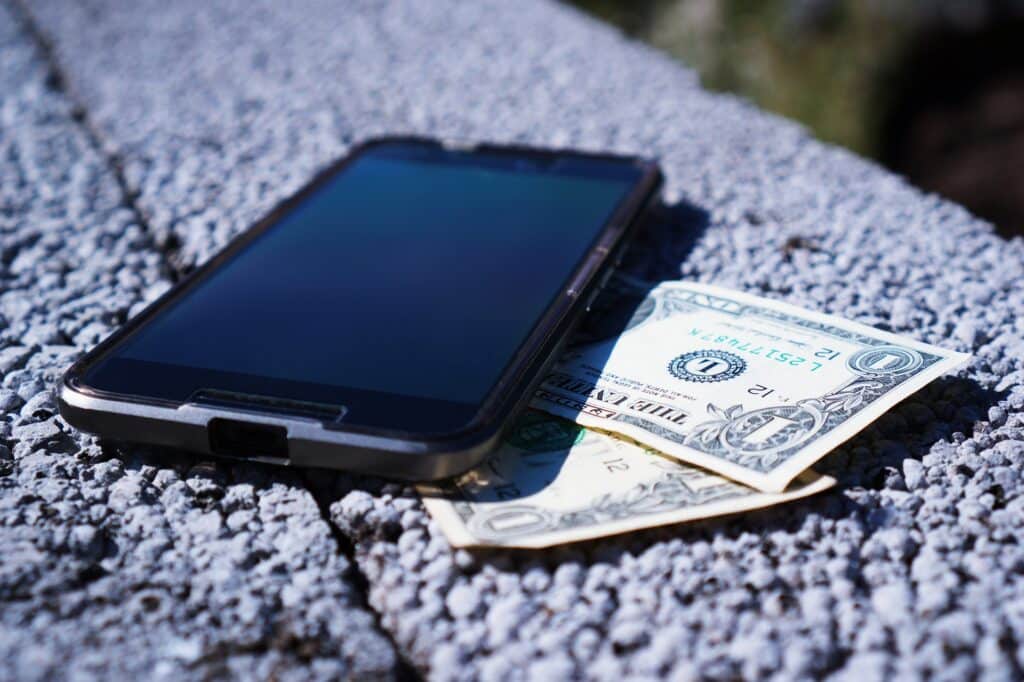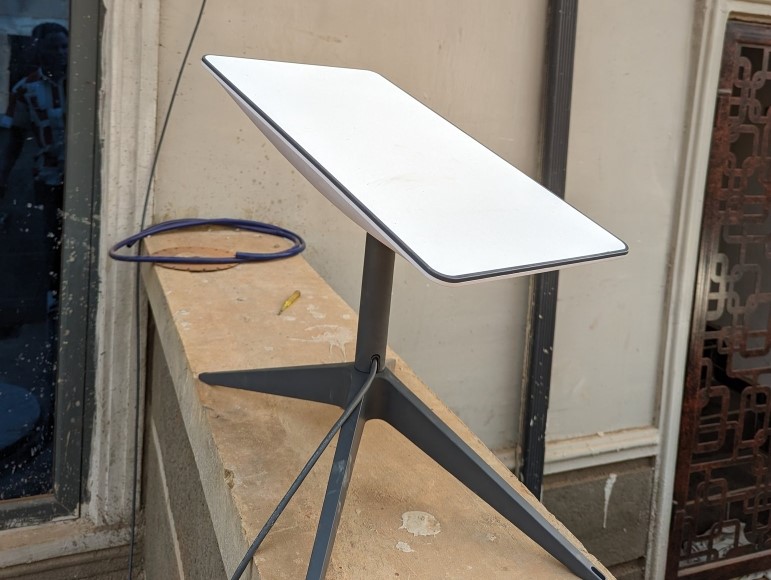Barev,
Victoria from Techpoint here,
Here’s what I’ve got for you today:
- Nigeria’s teen SIM card ban
- Ghana-Nigeria’s digital currency bridge
- Can’t get Starlink? Here’s why
Nigeria’s teen SIM card ban

The Nigerian Communications Commission (NCC) has rolled out a new policy that prevents Nigerians under 18 from owning SIM cards, saying it’s to shield minors from legal issues around SIM usage.
Kids can still use phones, but any SIM has to be in a parent or guardian’s name, so adults will be on the hook for any issues. This rule’s been brewing since 2021 as part of NCC’s drive to tighten telecom security and streamline the industry, so it’s not a surprise for those tracking NCC’s regulations.
The new age cap lines up with Nigerian law, where the age of consent is 18, and, according to NCC, handling a SIM card is like entering a contract, meaning only adults should take on those responsibilities.
Beyond age limits, NCC has been pushing for cleaner subscriber data. Nigeria’s mobile user count took a big dive recently, going from 219 million subscribers in March 2024 to 153.32 million by September.
This drop came from enforcing the National Identification Number (NIN) linkage to SIMs and some data mishaps — like one network over-reporting active users by a whopping 40 million.
All in all, age limits seem to be the trend, from SIMs to university entries, marking a push towards more accountability and oversight. Whether it’s for better security or regulation, it’s changing how youth access services in Nigeria.
Ghana-Nigeria’s digital currency bridge

The Bank of Ghana has announced a partnership with US-based Brij Technologies to launch a new real-time currency swap platform, BrijX.
This system will allow users to directly exchange Ghanaian cedis for Nigerian naira without going through the usual forex channels. The trial will take place in Ghana’s Regulatory Sandbox, which allows for testing new financial tech in a controlled environment.
BrijX is tackling a common frustration in cross-border African transactions — expensive, slow currency exchanges. With more than 500 million mobile money users in Africa, this platform could make trading more accessible and cost-effective, especially for small businesses.
Backed by the African Development Bank and the Pan-African Payment and Settlement System (PAPSS), BrijX has solid institutional support, which is promising.
However, we’ve seen similar initiatives that aim to improve intra-African trade hit roadblocks with regulatory inconsistencies. Only time will tell if BrijX can avoid the bureaucratic hurdles that stalled other projects.
Ghana is trying to step up as a leader in West African digital finance, and if BrijX takes off, it could pave the way for currency interoperability across the whole continent.
Can’t get Starlink? Here’s why

Nigerians in Lagos, Abuja, and Port Harcourt have hit a wall trying to order new Starlink terminals, as they’re officially “sold out” in these cities, as well as in Benin City and Warri.
According to the Starlink availability map, new orders in these areas are currently on pause, although existing users aren’t affected. If you live outside these high-demand areas, you can still order a kit and enjoy the service.
Starlink’s popularity has skyrocketed in Nigeria since its launch in January 2023, particularly in underserved areas lacking strong local internet service providers (ISPs).
While Starlink’s service doesn’t come cheap, it’s become a top ISP choice for many, with around 23,897 customers as of the end of 2023. This demand isn’t unique to Nigeria either — Zimbabwe, where Starlink recently launched, also reported sold-out terminals in Harare.
Recently, however, Starlink faced backlash after announcing steep price hikes in September, which almost doubled the monthly subscription fee and raised hardware costs for new users.
The Nigerian Communications Commission (NCC) challenged the price increase, citing Starlink’s failure to secure proper regulatory approval. In response, Starlink temporarily paused the price hikes while addressing these regulatory concerns.
In case you missed them
- ICASA denies knowledge of StarSat’s legal action following forced shutdown
- Kenya to monitor fuel usage for motorists via electronic tax system
- Competitors are slashing prices to compete with Starlink in Zimbabwe
What I’m watching
- Inside the minds of 4-year-olds: A documentary | Full Episode
- 60 Republicans vs Democrats Debate the 2024 Election | Middle Ground
Opportunities
- Looking for an internship or remote role? Here’s a list of 1,500+ opportunities in different fields (tech, finance, marketing, health and more). Check it out here.
- A Nigeria-based online sales & marketing expert is needed in a Dutch company. Check it out here.
- Follow Techpoint Africa’s WhatsApp channel to stay on top of the latest trends and news in the African tech space here.
Have a productive week!
Victoria Fakiya for Techpoint Africa.









